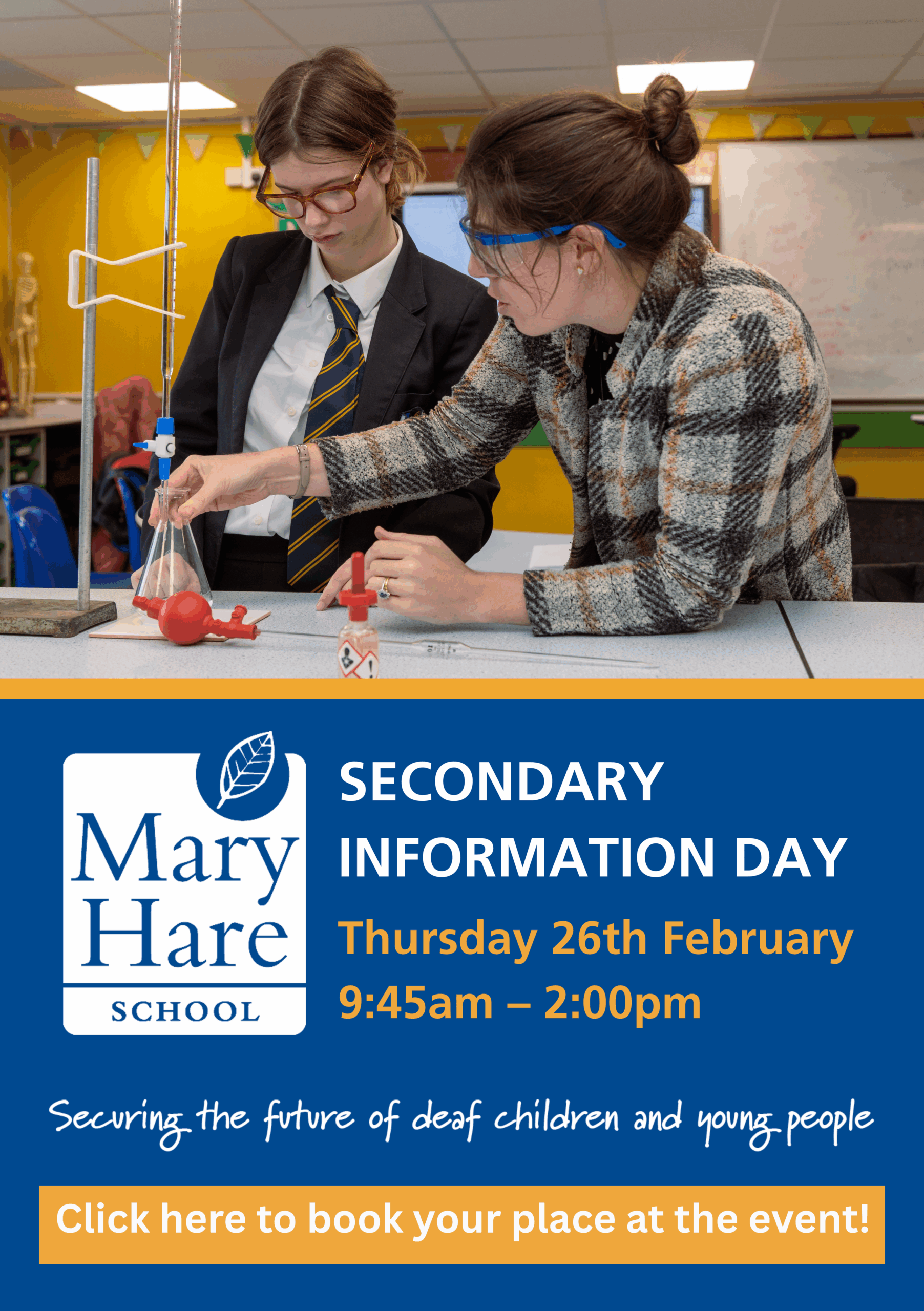Query about the multiplication tables check (MTC) – a test, statutory from 2022, in England
Question: The multiplication tables check (MTC) is a test, statutory from 2022 in England, and being carried out in June by the majority of Yr4 children.
The list of access arrangements provided in the MTC administration guidance document is not exhaustive and schools are able to make arrangements for individual pupils that are in line with normal practice and that do not advantage or disadvantage the pupil. Does this mean that the class teachers can feel free to make whatever access arrangements they usually use?
BATOD response:
BATOD would raise the concern that, without the close partnership working with a QToD, majority of mainstream teachers are unlikely to be informed enough about the needs of deaf learners to make decisions that do not advantage or disadvantage the pupil. Without the input of the specialist teacher, QToD, the “normal school way of doing things” is may likely be unfair and non-inclusive for the needs of each deaf learner.
First consideration – the ‘pause button’. BATOD understands this test is assessing fluency of recall therefore additional time is not allowed.
QToDs should be aware that the “pause” button in the test actually functions as a “next” button ie it moves the question on to enable a child who has answered within 1 or 2 seconds to be able to control their pace ie not have to sit on a question for 4-5 seconds if they’d find it easier to move on.
The ‘pause’ button does not allow the learner to “pause” the timer to have an extra few seconds on each question. The pause button only pauses between the individual questions and doesn’t affect the 6 seconds per question (see YouTube video link- https://youtu.be/EOj3ZPv2mqQ).
BATOD raised with the Agency the concern relating to those deaf children who also have processing difficulties.
BATOD was advised “The range of access arrangements available enable disabled pupils to participate in the onscreen, online assessment without affecting the purpose of the MTC (the check); to test the fluent recall of multiplication tables. For pupils with processing difficulties, additional time was considered as an access arrangement when the check was designed, however, it is the case that additional time would be unlikely to address the processing issue without also giving enough time for pupils to work out the answer. Since this is a test of fluent recall, additional time would therefore provide a less valid outcome given the purpose of the test. Although the check was designed to be accessible to 99.3% of pupils, in exceptional circumstances, even with the use of the range of available access arrangements, headteachers may decide that some pupils will not be able to participate in the check. If appropriate, a headteacher should discuss this decision with the pupil’s Special Educational Needs Coordinator (SENCO), educational psychologist, medical officer, or other specialist staff. When a pupil is not entered for the check, schools must explain the decision to the pupil’s parents in advance. If appropriate, they should provide parents with documentary evidence to support the decision.
To mitigate the impact on pupils with processing difficulties unable to participate in the check, schools should also explain how they are helping the pupil to learn their multiplication tables check. Multiplication and division in a wider context will continue to be assessed through the Key stage 1 and Key stage 2 mathematics assessments enabling further opportunity for pupils to demonstrate their understanding of multiplication tables.”
Second consideration – Recorded voice
BATOD also raised with the Agency that for children with vision impairment with processing difficulties, the option of audio delivery is available in the Year 4 Multiplication Tables Check. However, for deaf learners with processing difficulties, the only arrangement for processing difficulties is the audio option, which would not be helpful for most deaf children it is via a computer.
BATOD feels having this as an access arrangement to support processing does not offer deaf children with processing needs the same access.
Third consideration – Read aloud and separate invigilation
BATOD was informed the list of arrangements was not exhaustive. It was suggested that if the child has arrangements in place such as read aloud and separate invigilation normally then this should be in place for the assessment. BATOD has requested the use of the read aloud facility and separate invigilation, is added to list of arrangements.






